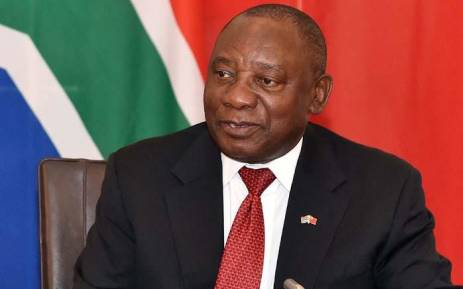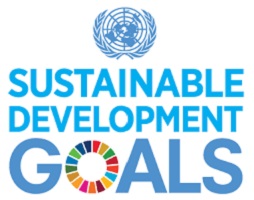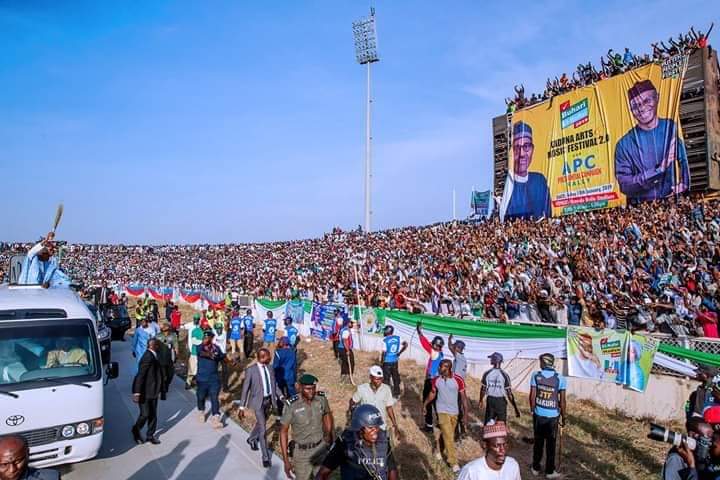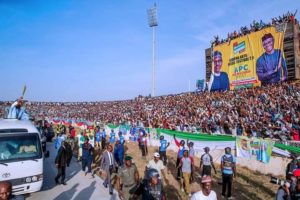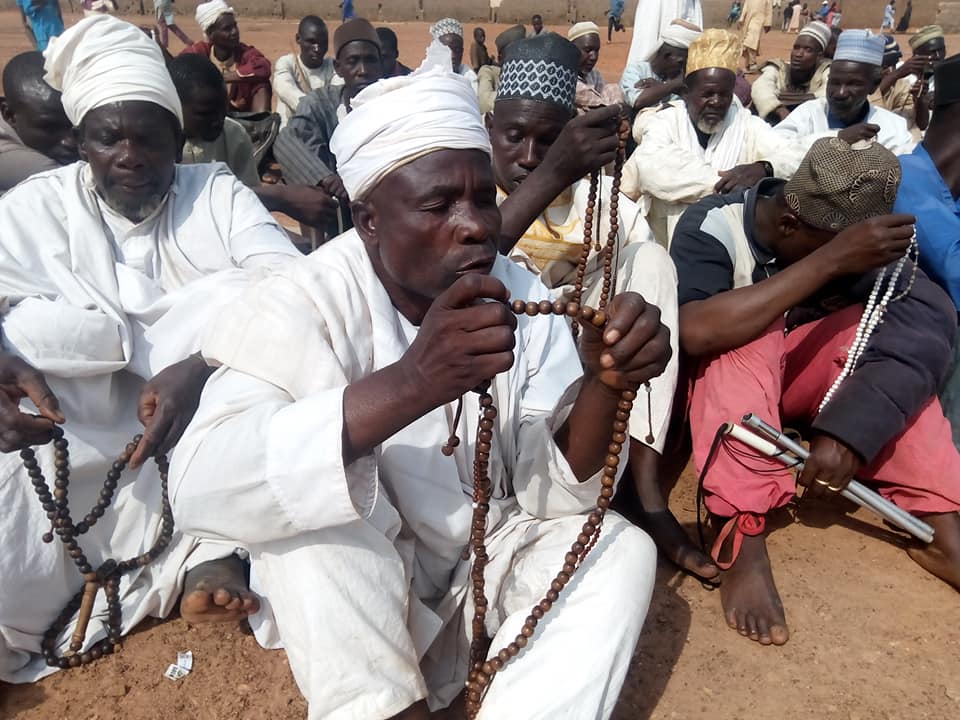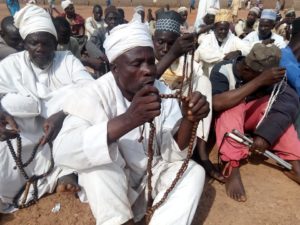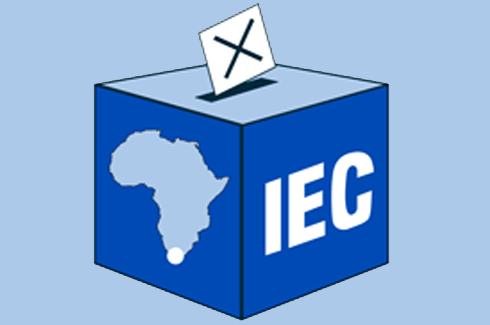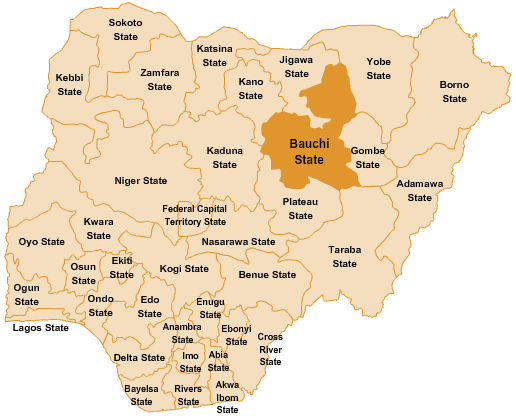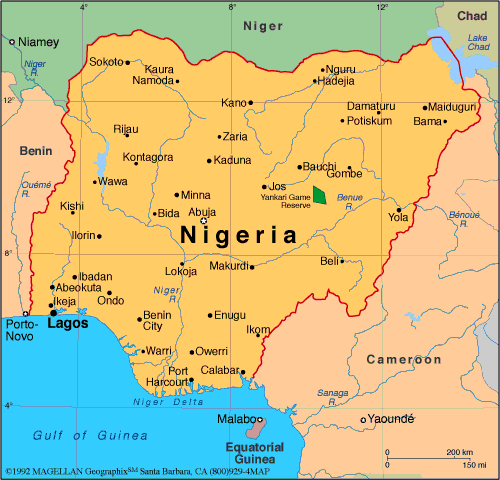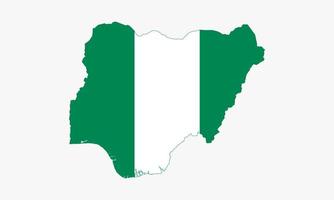
President Cyril Ramaphosa has congratulated the President-elect of the Democratic Republic of Congo (DRC), Felix Tshisekedi Tshilombo, following the ruling of the Constitutional Court which confirmed his victory.
On Sunday, the DRC Constitutional Court confirmed Tshisekedi as the winner of the December elections after rejecting a legal appeal by the runner-up.
According to the court, Tshisekedi, a candidate of the Union for Democracy and Social Progress (UDPS), won the elections with more than 38.5% of the vote, while his close rival Martin Fayulu, another opposition candidate, garnered around 28% of the vote.
They were followed by Emmanuel Ramazani Shadary, a candidate of the ruling coalition.
After Tshisekedi was declared the winner of the election last week, Fayulu rejected the result, claiming that he grabbed at least 61% of the vote, and filed an appeal to the Constitutional Court.
At least two people have been killed in that country as violence broke out following the announcement of the interim election results.
President Ramaphosa on Sunday called on all parties and stakeholders in the DRC to respect the decision of the Constitutional Court and commit to continue with the journey of consolidating peace, uniting the people of Congo and creating a better life for all.
“Now that the highest court in the land has ruled, all the people of Congo and all stakeholders are urged to accept the outcome of the court and move on to consolidate democracy and preserve peace, stability and security of the country,” the President said.
He reiterated the need to respect the sovereignty and territorial integrity of the DRC, in keeping with United Nations Charter, the African Union Constitutive Act and the Southern African Development Community Treaty.
Further, President Ramaphosa emphasised the need for the full implementation of the Peace, Security and Cooperation Framework in the DRC and the Great Lakes Region. He assured Tshisekedi and the people of the DRC of South Africa’s continued commitment to support them in the journey to peace, stability, security and development. – SAnews.gov.za


